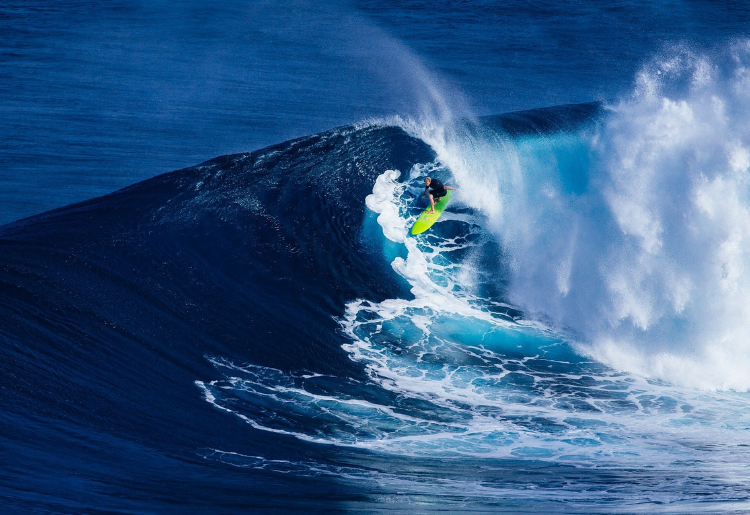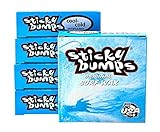A detailed look at the best surfboards for waves in Caribbean.
One of the most popular sayings in the Caribbean is that the “sea does not have a back door.” Bearing this in mind, it makes sense that if you are going to be testing the waves, you should have a surfboard that strong enough to withstand the fury of the ocean. There are a wide range of boards to choose from even if you consider the two main categories of longboards and shortboards. However, because the waves in Caribbean hit a bit different, it makes sense to choose a quality surfboard that is built well and performs efficiently on the water.
How to Choose A Surfboard
It’s easy to get overwhelmed with all the different surfboards available for sale. However, by researching the core characteristics of boards, you can come up with a solid list of options to choose from. When choosing a board, you must consider:
- Size: What size surfboard are you looking for? Boards usually range from five feet to nine feet which represent a range from shortboards to longboards. The full list of surfboard shapes are longboard, gun, funboard, fish and shortboard.
- Shape: In addition to size, the shape of the board can determine how you manoeuvre on the water. Nose shapes are typically rounded or pointed and can impact buoyancy and how much life is achieved in the water. Tail shapes also impact how much of the rail is in the water when surfing. Tail shapes include pin, round, square, squash, diamond and fish.
- Volume: How heavy is the board? Lighter boards, which are usually around 2 pounds are recommended for beginners. Heavier boards, usually over 4 pounds are used by advanced surfers.
- Material: Surfboards are made from materials such as fiberglass (polyurethane), polyester, epoxy, foam and cork. Different materials may perform differently, and each material requires a certain level of care and maintenance.
- Skill Level: Your skill level will inform your choice of a surfboard. Beginners, intermediates and experts will each have different needs for their boards.
- Body Dimensions: Your body type will also help you to decide which surfboard to choose. Typically, smaller people use smaller boards, whilst bigger people use bigger boards.
- Types of Waves: Surfing in the Caribbean requires a board that can handle the powerful waves of the Atlantic Ocean as well as the softer waves of the Caribbean Sea.



